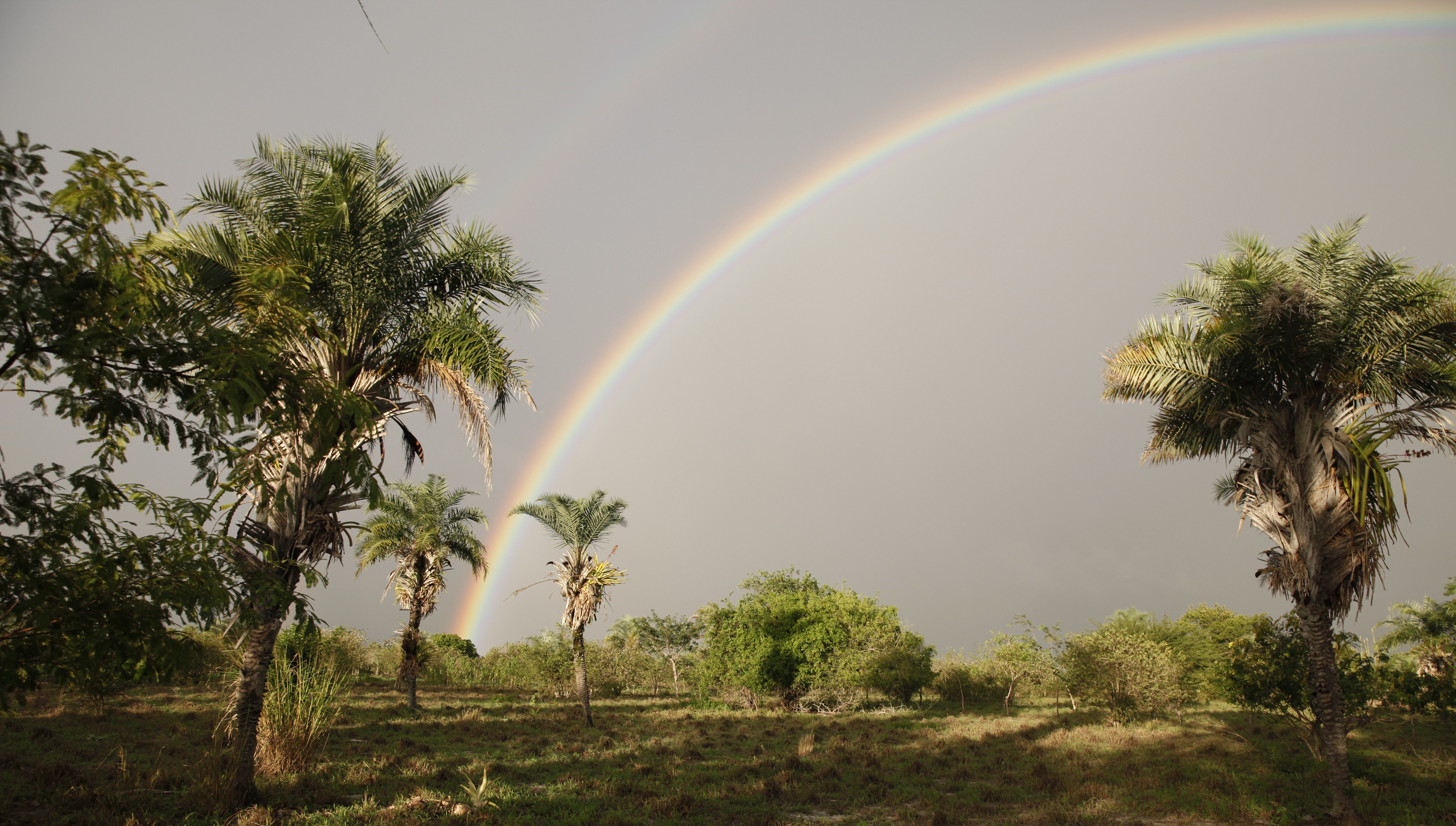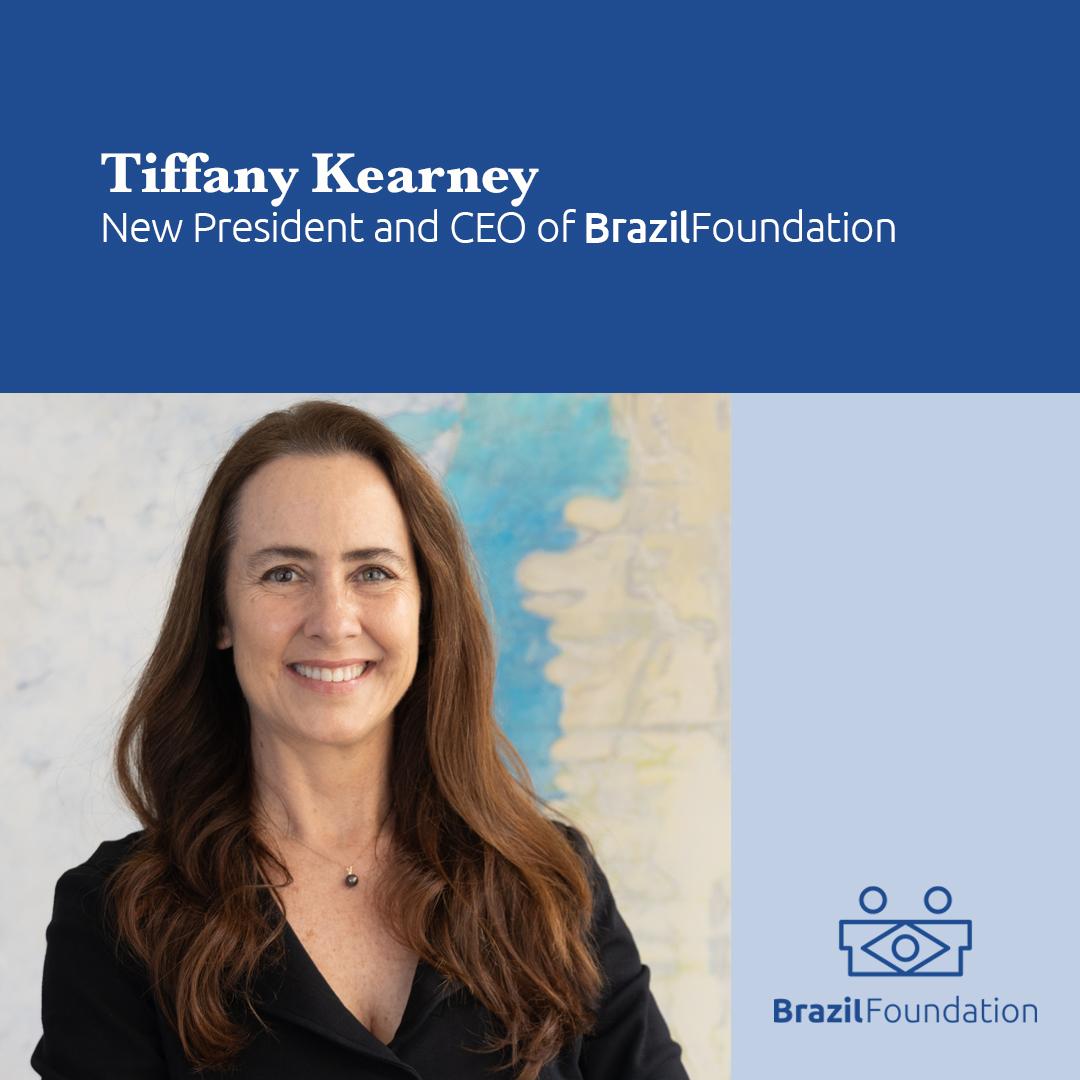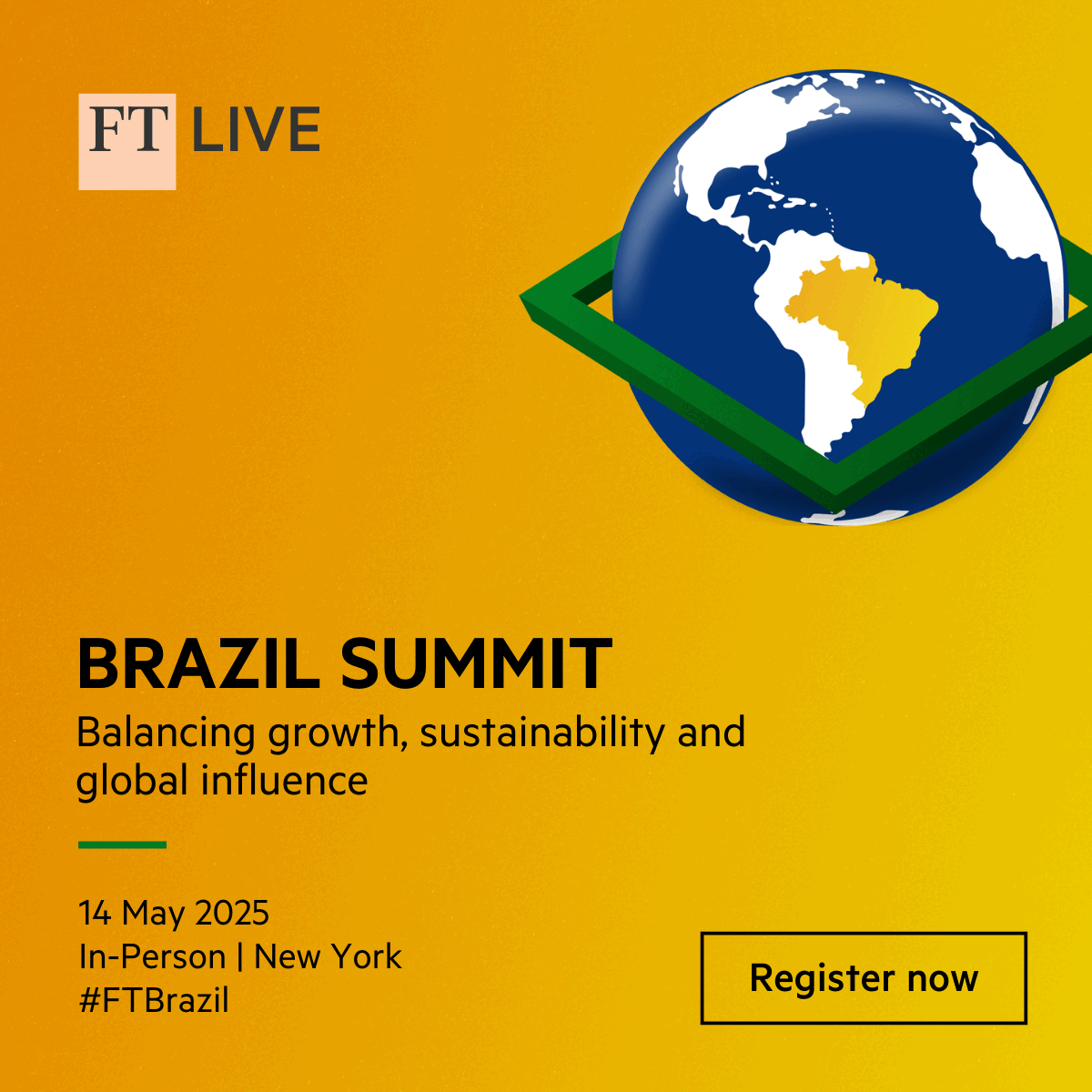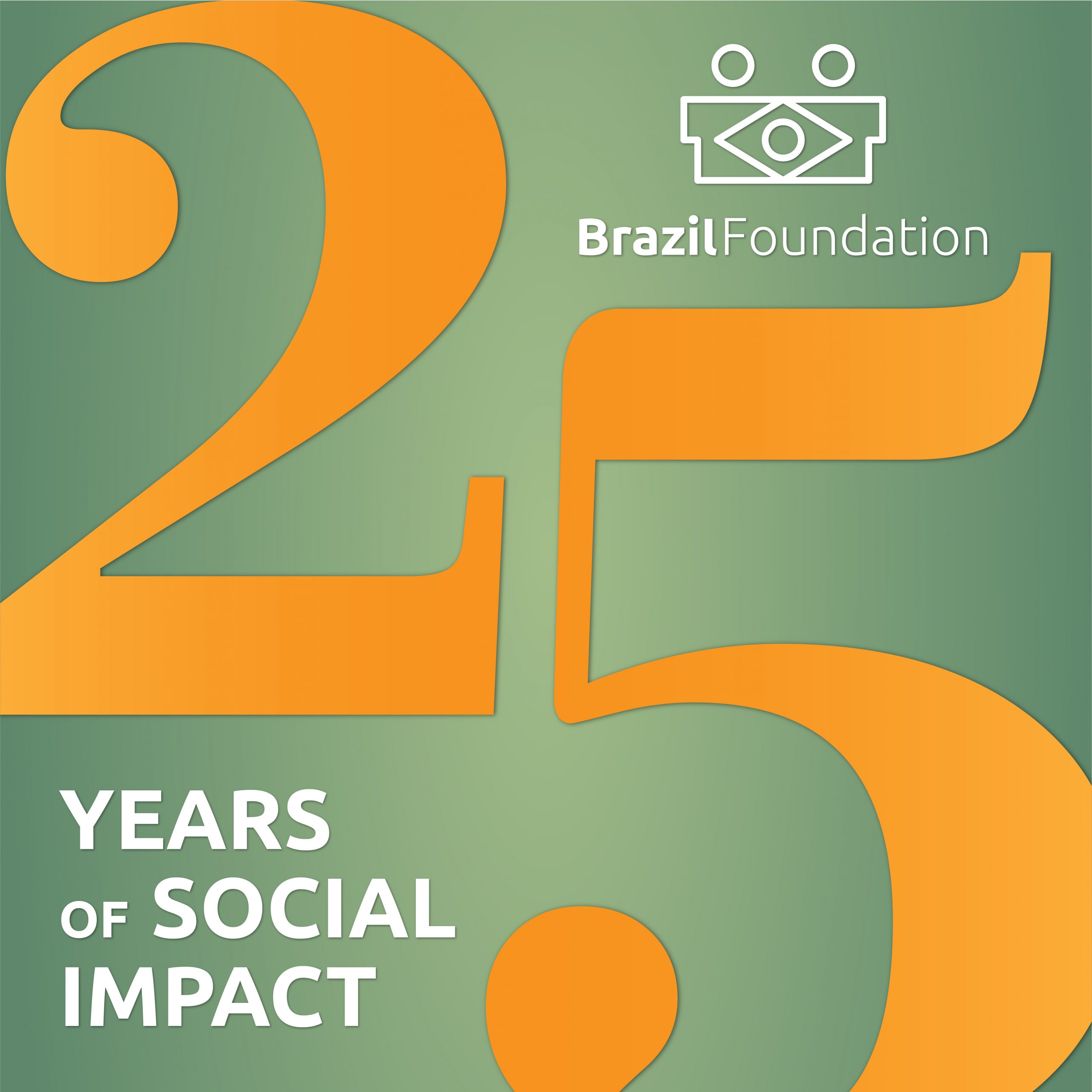1,563 Dreams
by Patricia Lobaccaro
This year BrazilFoundation received 1,563 proposals through its public call for proposals, an unprecedented amount in our 15 years of existence, and a 97% increase in demand for funding from the previous call for proposals.
These numbers represent two things: the first is the scarcity of resources available for the social sector, as both Brazil’s private and public sector are reducing their support. The other, which is much more interesting, is that civil society in Brazil has never been so active, alert and engaged. The quality of the proposals received is astonishing, and I can say that we have never before seen such a high level of innovation and transformation in the sector.
I spent the end of year secluded, reading these proposals, listening to the demands and getting to know these 1,563 dreams that came from 529 municipalities, representing every state of Brazil. Dreams of Brazilians who are fighting to improve their quality of life, for justice, equality and greater opportunities in the communities where they live. They need and deserve our support.
The greatest demand, shown through 760 proposals, comes in the area of Education and Culture. Half of the requests are to support the very basic things like: simple repairs to the physical structure of a daycare center to obey local ordinances and meet the needs of the children in the region; school supplies; or other minimal maintenance activities. The other half of these proposals show a trend of transformation that breaks paradigms. There are noticeable huge growths in areas like education for entrepreneurship, technology and programming, proposals based in methods of conflict resolution, “design thinking”, cooperation, alternative classrooms, environmental awareness and education for civic engagement -including political education for youth – and advocacy. If we wanted, Brazil could be a reference for the world in education, but unfortunately we are still very far from it.
The program area that grew the most was the Social Enterprise, for which we received 117 proposals. This number is nearly 3x greater the demand than we saw for the previous call. This shows that the industry is seeking market alternatives to increase organizational sustainability, as many organizations are opening new branches to fund their missions. Other initiatives are simply seeking to fulfill their social and environmental potentials. One of these examples is a composting business that would take advantage of the wealth of organic matter in waste (which amounts to 60%), creating a society where waste is seen as an asset and not a problem; another is a shrimp flour mill that takes advantage of the shells that are discarded from shrimping, solving an environmental problem while creating an opportunity to generate income; others include proposals for greater representation of marginalized populations in the value chain, such as an organic lunch kitchen that employs people living with mental illnesses.
The demand in the programmatic area of civic engagement also grew greatly. Brazil is going through a time when its citizens do not feel represented by their government, institutions or traditional media. We received 95 proposals for advocacy, nearly 100 proposals for community communications, and roughly 30 projects for civic monitoring. Our civil society is boiling, suggesting the need to renew our way of doing politics in Brazil – one that is more ethical, transparent, and that includes an overall greater participation from society.
Identifying so many worthy proposals while at the same time recognizing that we have only enough resources to support a small percentage of them is a dilemma that brings us anguish and countless sleepless nights. I have been thinking about how to use this information. We started knocking on the doors of numerous funding foundations, seeking co-investment, and mobilizing our supporters in New York and Miami to adopt projects. Although we have found some success from this, our resources are still infinitely smaller than the demand.
Our scenario has brought us to some conclusions. First, we need to share our information better. We have a great wealth of knowledge on trends that could help steer both public policies and performance in the private sector. Secondly, our political leaders are completely disconnected from the real demands of the country, and are unaware of possible solutions, which in many cases are simple and inexpensive. Finally, there is a lot of overlap and duplication of efforts, reinforcing the importance of continuing to fund programs for methodology transfer and exchange, as well as joint leadership networks.
One thing is certain: Brazil will come out of this crisis much, much stronger. Our leaders export social technologies. Although the high levels of innovation, awareness, maturity and cooperation that we witness have not yet made headlines, there is a revolution going on in civil society that fills us with hope.
** Patricia Lobaccaro is president and CEO of BrazilFoundation **



